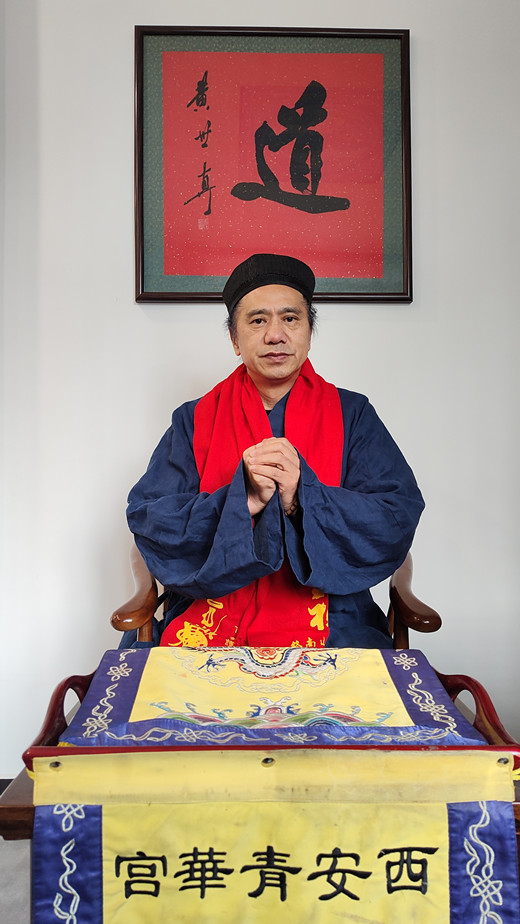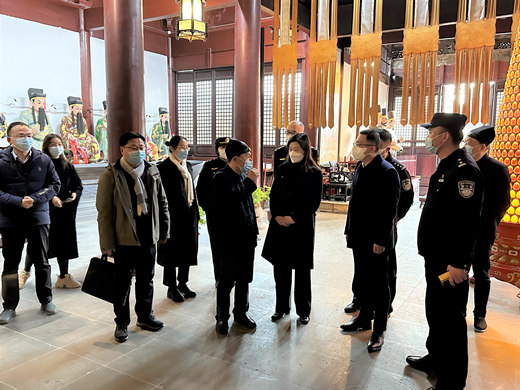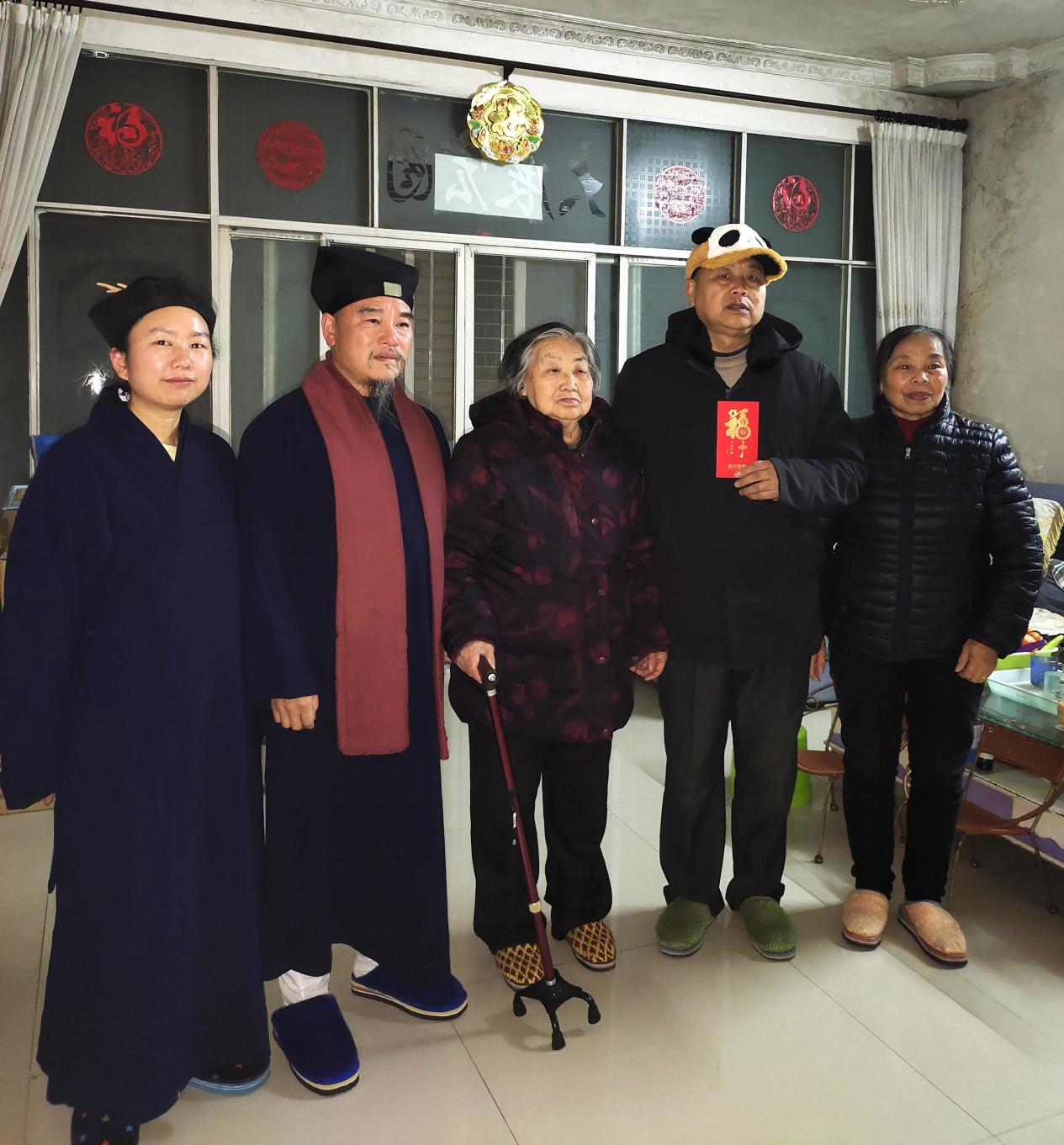New agents and new ethos of Daoism in China today(6)
江南app下载-官方网站Yang Der-Ruey
2015-10-20
The other important fact this case has shown is that the whole thing happened outside of the traditional legal-institutional framework for regulating Daoism. The Bureau of Religious Affairs still plays an active role here, but it is not the authority anymore. The Bureau of Touris m, which always played a significant role in the social sphere of Daoism during the past two decades, was excluded by the shrewd maneuver of the Bureau of Cultural Heritage Preservation. Moreover, this project is endorsed by the Eleventh Five-Year Plan of the Wudu City as a constituent part of the municipal government’s image-building program, which is drastically different from the traditional scenario wherein it is always the local Daoist Association who took pains to beg for the approval of their temple restoration project from t he government. Finally, having acquired the tacit understanding of the Bureau of Religious Affairs, neither the temple nor the temple crew has ever joined any Daoist Association or tried to initiate one.
Case 3 the Ninth Heaven.com
The last case is a network among a group of non-cleric disciple s of different Daoist masters that aims to found a dot.com company f or marketing “Daoist culture”. The significance of this case lies in its potential to illustrate how the network of Master Rising Sun’s disciples (case 1) may evolve in the future and what will it lead to if the idea to pr omote Daoism with internet (case 2) was pushed to its extreme.
This network is probably the most organized, disciplined, and s ecretive one among the three cases being reviewed here. The core of this network is a group of six men, of which there are two opinion leaders can be regarded as its mastermind. They came from different places – Sichuan, Hunan, Jiangxi, Yunnan, and Zhejiang – and were non-cleric disciples of different masters. Apart from that, they share a lot of commonalities: they are al l male on their thirties to early forties, graduated from junior colleges or low ranking universities, and have managed to become the owners of tiny ent erprises, such as interior design and construction studio, dealer of arts and crafts, arts and language school for children, and so on, through more than ten years of diligent working. Most importantly, they all became devotees of Daoism after they came across something bad that may endanger their health, family, or career and were “rescued” by some Daoist master. Therefore, the y began to claim themselves as non-cleric disciples of the master who “sav ed” them, although it cannot be sure about whether or not those masters t hemselves have ever teach them anything more than answering their questions, n or can we be sure about whether those masters would identify them as their disciples instead of normal clients.
They came to know each other in 2006 when they attended a well- known Daoist longevity skills course offered by a famous temple in Sichuan. Being deeply awed by the fantastic effects of the skills taught in the cours e, they expressed their wish to the presiding master of the temple – Master Li, one of the most controversial Daoist priest in China today – that they want to be his disciples and to devote their life for the mission of Daoism. However, Master Li seemed to be reluctant to recruit them as his real disciples but did not articulate his hesitation in a clear-cut way since it’s unethical as well as unwise to reject this kind of proposal for a priest. Instead, he suggested them to invent some new ways to promote Daoism that is both efficient and is accessible for people like them. Finally, he promised to offer consultation and sharing some connections whenever they need it, but no more than that.
Master Li’s conservative attitude did not frustrate their enthu siasm. They took his advice seriously and then, through many brainstor ming sessions, they gradually formed a consensus that they should found a corporation for marketing “Daoist culture”. However, they could not achieve unanimity on what exactly the corporation is going to do. Later, their opinions gradually gathered around two options. One is to found a website as an all inclusive virtual community for lay devotees of Daoism. The other is to found a pyramid selling business focusing on marketing Daoist “yang sheng (life-nourishing)” products. The rivalry between these two options lasted for a few months. Finally, they agreed that the first option is more likely to be successful because the market for Daoist life-nourishing products is simply too tough for minor people like them to step in. All the giant companies dealing with Chinese herbal medicine and food supplement in China have alrea dy entered in this field and started to compete with each other. Moreover, th ere are some other established pyramid selling corporations planning to vent ure into this field. So, it will be a suicidal action to invest on this without any huge company as their backing. Therefore, they started to concentrat e on building up the Ninth Heaven Company.
After years of designing, testing, fund raising, and other laborious process, the website “Ninth Heaven.com” was eventually launched in 2011 in a much smaller scale in compared with their original plan. What’s more to their disappointment is that, since they don’t have the fund to make their website a genuinely interactive and entertaining website that can really appeal to youngsters as they wish, their website seems not much different from the other several dozens of website for promoting Daoist cultur e. Nevertheless, it should be acknowledged that they do somehow realize their original idea by creating a series of online forum and literally hire young people who have some knowledge on Daoism to serve as the moderators. In addition, in compared with the other similar websites, their website shows a stronger inclination to make itself an on-line marketplace for all kinds of supply that may interest practitioners and devotees of Daoism, whether professional or n ot. This can also be seen as a realization of their original ideal about creating a communal website for all those who want to experience “Daoist life-style ”, albeit in a watered-down version.
As we would expect, the Ninth Heaven.com is still struggling against net operating loss. Although the founders confidently claimed that, if its revenue growth rate keeps on going as it has done during the past two seasons, its net operating loss will be eliminated by the end of 2012, no on e could predict when it could produce net profit to benefit its investors. So, the fate of this company is still up in the air at the moment. Under such a great pressure, it is notable that the network behind this company, especially its core group of six, would work together very closely with a strong sense of collective discipline.
In spite of many commonalities between the two, this network di ffers from that of Master Rising Sun’s disciples in some important ways. The most apparent difference is certainly that the core members of this network were not fellow disciples of the same master, which implies that the y do not come together because of the seriously moral-laden master-pupil relationship each one of them has with a master and they don’t have the traditionally moral-laden “tongmen shixiongdi ” (the brethren of fellow pupils) relationship between each other, either. In other words, this network is formed upon friendship and common interests – whether spiritual or material – instead of some objectively ascribed identity, which implies that its basic structure is purely horizontal instead of vertical.


 |
|










 京公网安备 11010202006208号
京公网安备 11010202006208号